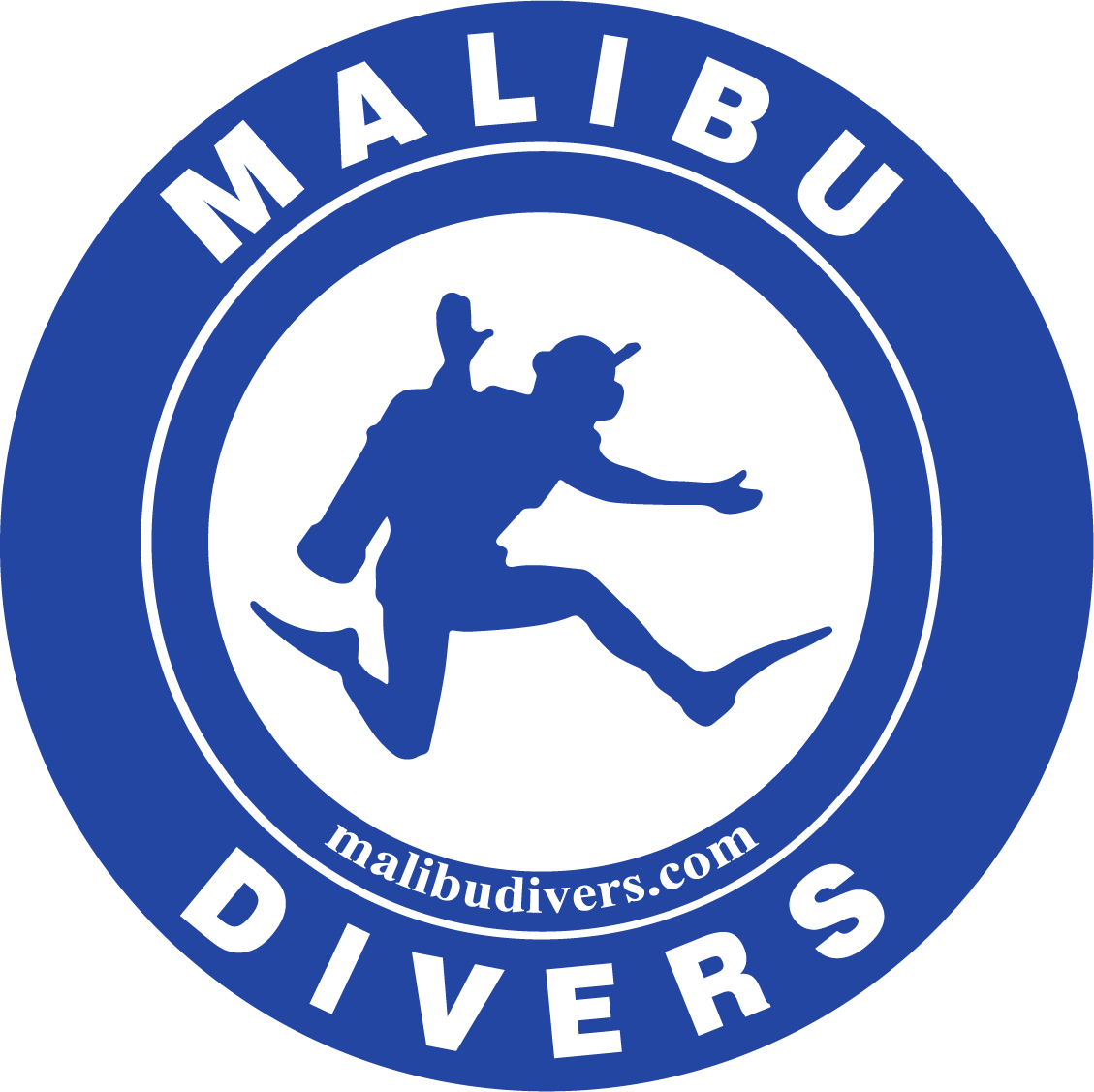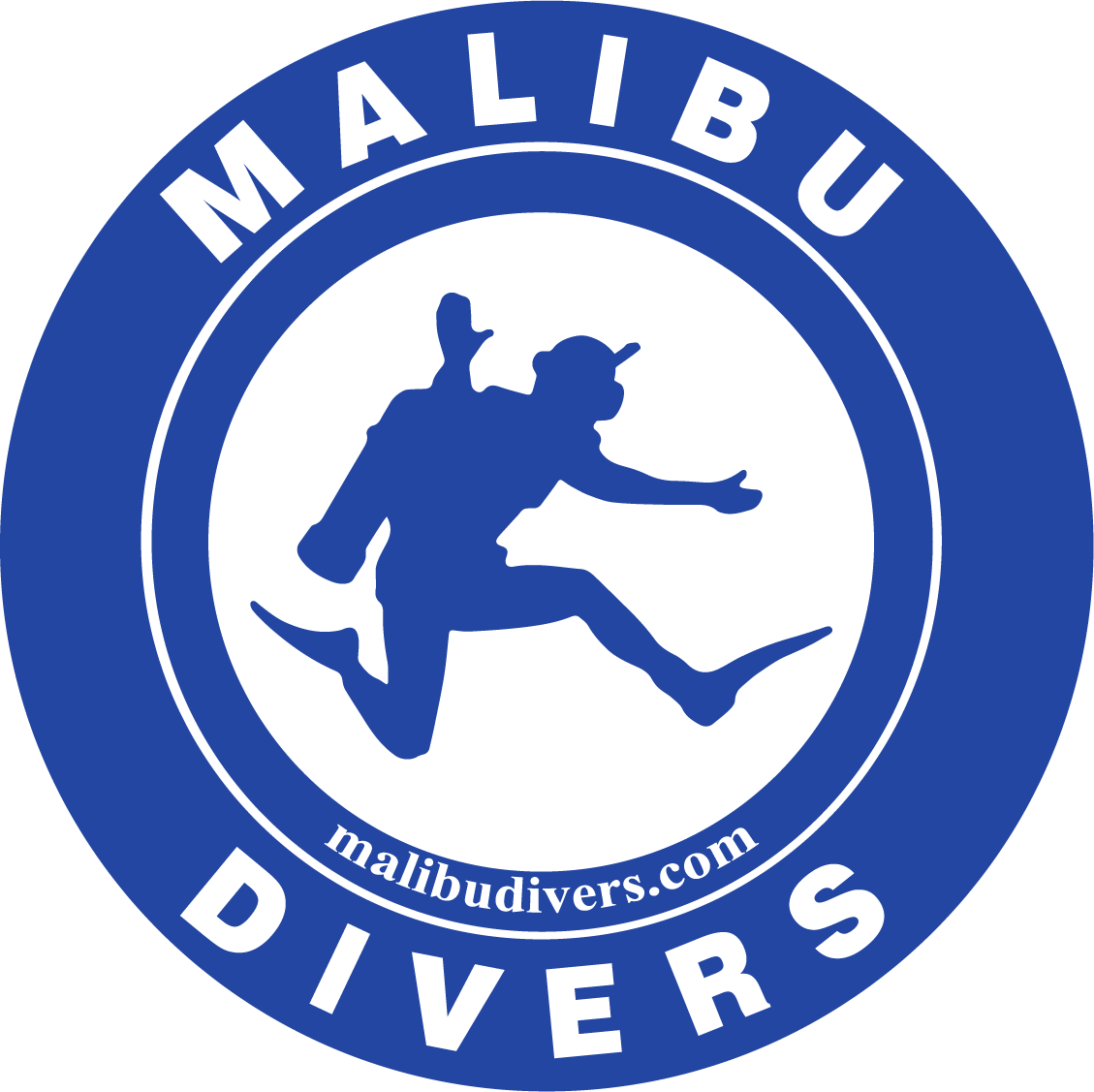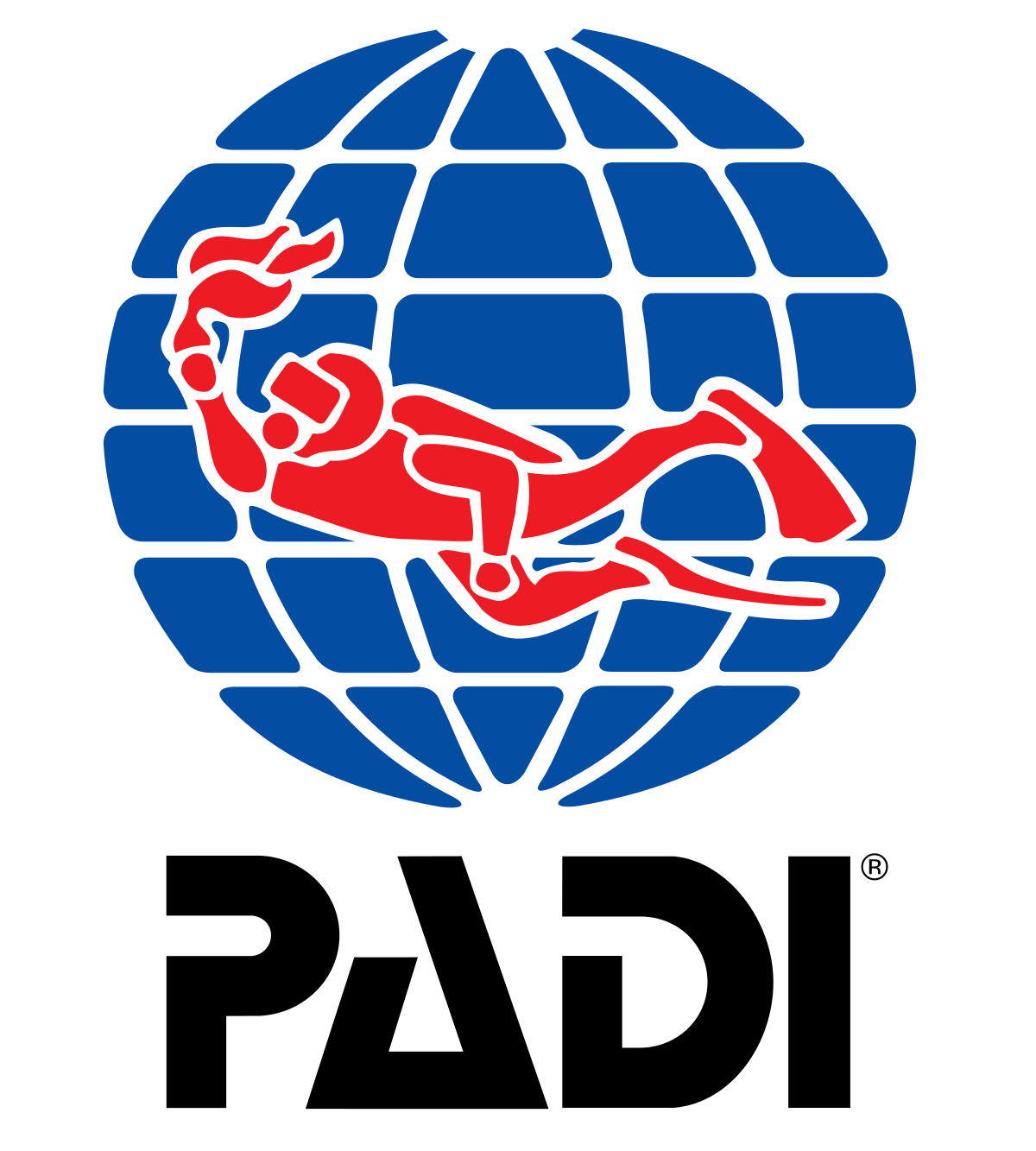From PADI's Dominance to Specialized Players: Exploring the Differences and Impact of Dive Training Agencies

There is a wide variety of training agencies that offer SCUBA and Freediving courses, such as PADI, NAUI, SSI, GUE, TDI, SDI, FII, AIDA, PFI, Molchanovs, CMAS, and many others. If you're considering taking a diving course, you may wonder about the differences between these agencies and whether it really matters which one you choose.
PADI stands out as the largest dive training agency in the world in terms of membership and size. Estimates suggest that PADI certifications make up around 70 to 80% of all dive certifications. This dominant position implies a certain level of quality, although it doesn't mean they are flawless. PADI has mechanisms in place to update their rules and materials regularly, particularly when it comes to addressing serious safety issues.
If you look at other industries in the corporate world, such as cars, computers, or search engines, it's uncommon for a single corporation to hold such a clear leadership position. When a company does achieve this, it becomes the envy and target of other companies. In the diving industry, boutique or specialized training companies have emerged, focusing on areas like technical diving, freediving, or public safety diving. It's only a matter of time before major agencies like PADI and others move into these spaces. This expansion can make it challenging for smaller training agencies to compete and grow as PADI leverages its strength. While it may not happen immediately, over time, PADI's growth can lead to debates and frustrations among divers, as they become harder to compete against.
When you're the dominant player in a market, it often comes with some negative sentiment. It can be difficult to bring about changes quickly due to the size and bureaucracy of a large organization. Mistakes can become objects of ridicule, and there may be less urgency to change until a problem reaches a significant scale.
So, what does all this have to do with choosing a training course in diving? It means everything. When you choose a course, you're also selecting the training agency behind it. Of course, having an excellent instructor and a quality store are equally important. However, many divers only realize the differences between training agencies after completing a course. They might encounter issues when their certification isn't recognized or accepted during travel, or they hear about alternative techniques or skills they haven't learned. These differences rarely have a significant impact on a PADI-certified diver.
Understanding the distinctions between training agencies is crucial when selecting a diving course. While PADI's dominance suggests a certain level of quality, it's essential to consider other factors like the instructor and store. The diver's awareness of these differences often comes after completing a course, which can lead to frustrations or limitations. However, for most PADI-certified divers, these variances don't have a substantial impact on their diving experiences.
The biggest differences between PADI and other dive training agencies can be summarized in the following aspects:
- Market Share and Recognition: Since 1966, PADI is the largest and most recognized dive training agency worldwide. Estimates suggest that PADI certifications account for approximately 70 to 80% of all dive certifications. This market dominance gives PADI a significant advantage in terms of global recognition and acceptance of their certifications.
-
Course Structure and Philosophy: Each training agency has its own approach to course structure and philosophy. PADI courses are known for their modular and standardized format, allowing divers to progress through different levels of certification. Other agencies may have different course structures, emphasizing different aspects of diving or focusing on specific specialties.

- Instructor Training and Standards: Training agencies have their own instructor training programs and standards. PADI is recognized for its extensive network of instructors worldwide and its thorough instructor development process. Other agencies may have different instructor training requirements and standards, which can impact the teaching methods and quality of instruction.
- Diver Community and Support: PADI's large market share means that it has a vast community of divers globally. This can provide a sense of belonging and support for PADI-certified divers, as they can easily find fellow divers and resources related to PADI courses. Other agencies may have smaller communities but can still offer their own sense of camaraderie and support.
- Specialized Training and Focus: Some dive training agencies, including PADI, have expanded their offerings to include specialized training in areas such as technical diving, freediving, or public safety diving. However, there are also smaller, specialized agencies that solely focus on these areas and may provide more in-depth and specialized training in their respective fields.
- Regional Variation and Acceptance: While PADI certifications are widely accepted globally, there may be regional variations in recognition and acceptance of certifications from different training agencies. In certain locations, local agencies or organizations may have a stronger presence or prefer specific certifications. It's important to research the specific region or dive destination to ensure that the chosen training agency's certifications are recognized and accepted.
It's worth noting that the differences between training agencies are not necessarily indicative of one being superior to the others. Each agency has its strengths, weaknesses, and target audience. Ultimately, the choice of a dive training agency should be based on personal preferences, goals, available resources, and the specific training needs of the individual diver.
Full disclosure, we are a fully fledged PADI training facility. Unless there is a particular reason such as a lack of curriculum in a particular subject matter, all of our core training is using PADI materials.



Share:
Unveiling the Depths: The Untold Stories That Shape Diver's Safety
Unearthing Oceanic Riches: The Hidden World of Deep Sea Mining
1 comment
In fairness, because the major certifying agencies are all part of the RSTC, educational content, skill requirements and instructional standards have become largely uniform and consistent. As a PADI MI and a SDI/TDI CD who has worked directly for both companies, I see little difference in the course content. So I’m my opinion, the reason for someone to do the Instructor course at Malibu Divers is less about the agency and more about the fact that Barbara’s one of the best CD’s in the biz.